GHMC employing drones to rid Musi of mosquitoes
Sun 31 Mar 2019, 12:04:02
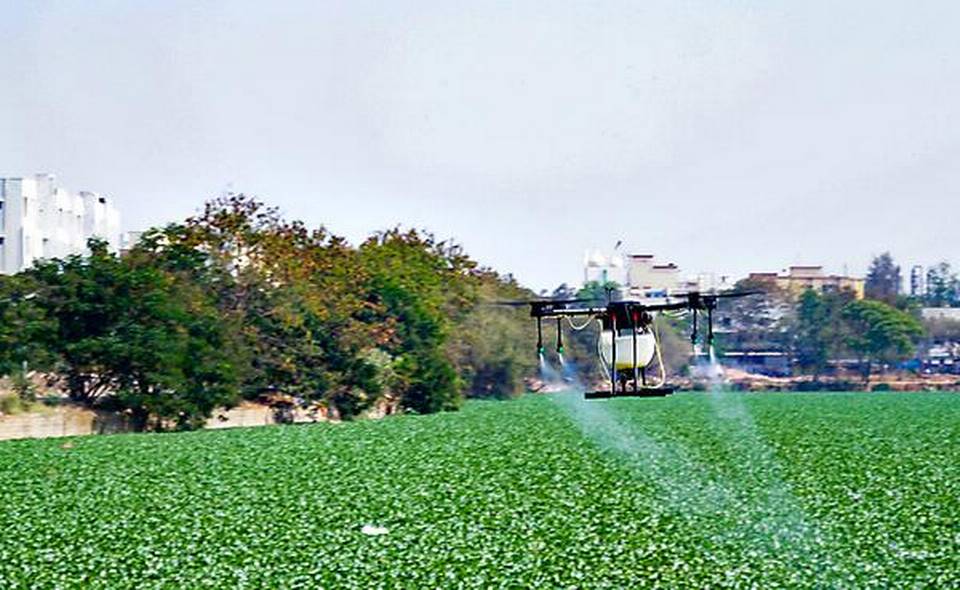
An ingenious idea implemented in the West Zone of GHMC for eradication of mosquitoes and larvae from lake, with the help of drones, is all set to be replicated along the Musi River.
On an experimental basis, GHMC Commissioner M. Dana Kishore has asked the Entomology wing to use drones to spray anti-larval chemicals in the mosquito-breeding points inside the river in the coming days. Speaking to The Hindu, Mr. Dana Kishore said a total of 11 breeding points have been identified on the 5-km stretch of the river between Nagole and Attapur, where the spraying will be done on pilot basis . If successful, the same will be replicated in other parts of the river.
“It is difficult for the entomology staff to reach some inaccessible regions in the river to spray the anti-larval chemical. Using drones will address this problem,” Mr. Dana Kishore said, even while acknowledging the limitation caused by flowing water, which necessitates continual spraying.
The initial experiment of using drones for vector control was carried out for Gurunatha Lake in Miyapur, which has become fertile breeding ground for mosquitoes owing to choking presence of water hyacinth weed.
Labour-intensive
“Eradication of mosquitoes and removal of weed are labour-intensive processes, which would have taken 10 workers spending about 15 mandays to cover the lake expanse.
After watching pesticides being sprayed on fields using drones in Guntur district, it had occurred to me to employ the same technique for cleaning the lake of larvae,” said Commissioner, West Zone, D. Hari Chandana.
After watching pesticides being sprayed on fields using drones in Guntur district, it had occurred to me to employ the same technique for cleaning the lake of larvae,” said Commissioner, West Zone, D. Hari Chandana.
A custom-made 10 litres drone fitted with bio-enzymes with weedicidal properties, and also Pyrethrum herbal chemical for mosquito eradication was flown over the 16-acre water body. The drone released up to 112 litres of spray over one day.
While death of water hyacinth is yet to be confirmed, the anti-larval spray has yielded immediate results. Mosquito larval density has come down from 41 per litre of water to 28, while adult mosquitoes have reduced to 16 from 26 in just two days, Ms. Hari Chandana said.
A full-fledged manual operation would have cost ₹ 20 lakh, but now it has been achieved by hiring a drone for ₹ 30,000, she said.
Inaccessible points
Mr. Dana Kishore, during a review meeting with Entomology officials on Saturday, was informed that the 42 Entomology teams with 126 workers are covering the Musi stretch between Chaderghat and Attapur, yet have been unable to reach the deeper pockets in the river. The Commissioner then issued immediate instructions to replicate the drone experiment in the river too.
Mr. Dana Kishore also issued instructions for observing every Friday as ‘Dry Day’, when containers will be emptied of stored water in households. Among other measures, the 642 teams of Entomology will pay door-to-door visits, identify the mosquito breeding points, and remove stagnant water.
No Comments For This Post, Be first to write a Comment.
Most viewed from Hyderabad
Most viewed from World
AIMIM News
Delhi Assembly polls: Owaisi leads Padyatra in Okhla
Feb 01, 2025
We reject this Waqf Amendment Bill: Asaduddin Owaisi
Jan 30, 2025
Latest Urdu News
Most Viewed
May 26, 2020
Which political party will win the Delhi Assembly polls to be held on Feb 5?
Latest Videos View All
Like Us
Home
About Us
Advertise With Us
All Polls
Epaper Archives
Privacy Policy
Contact Us
Download Etemaad App
© 2025 Etemaad Daily News, All Rights Reserved.

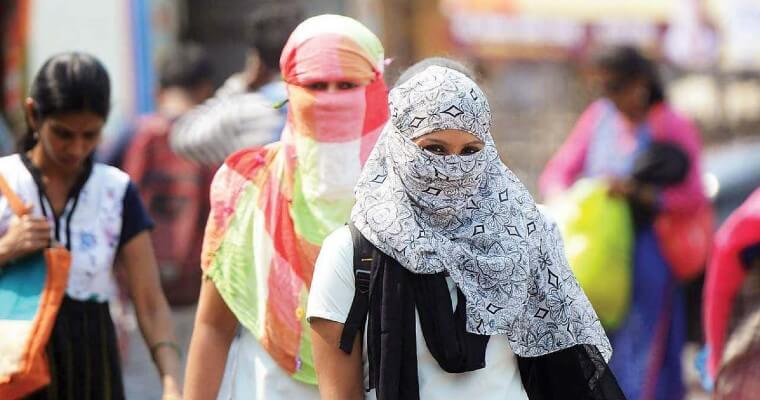

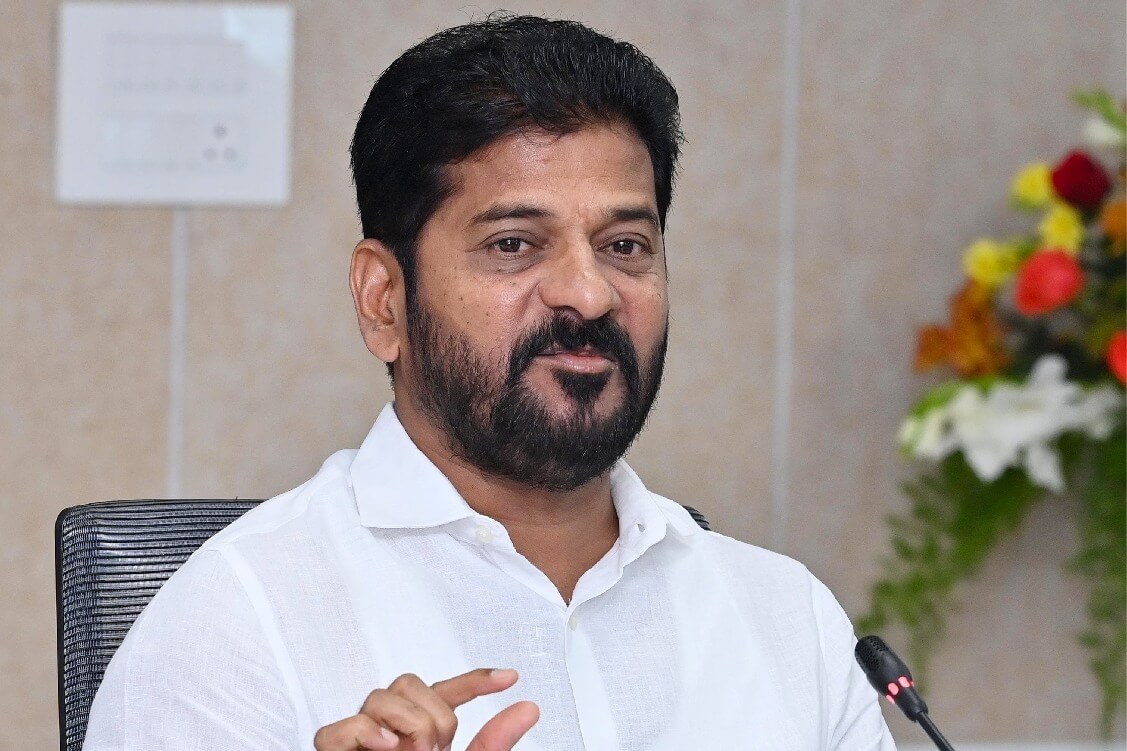
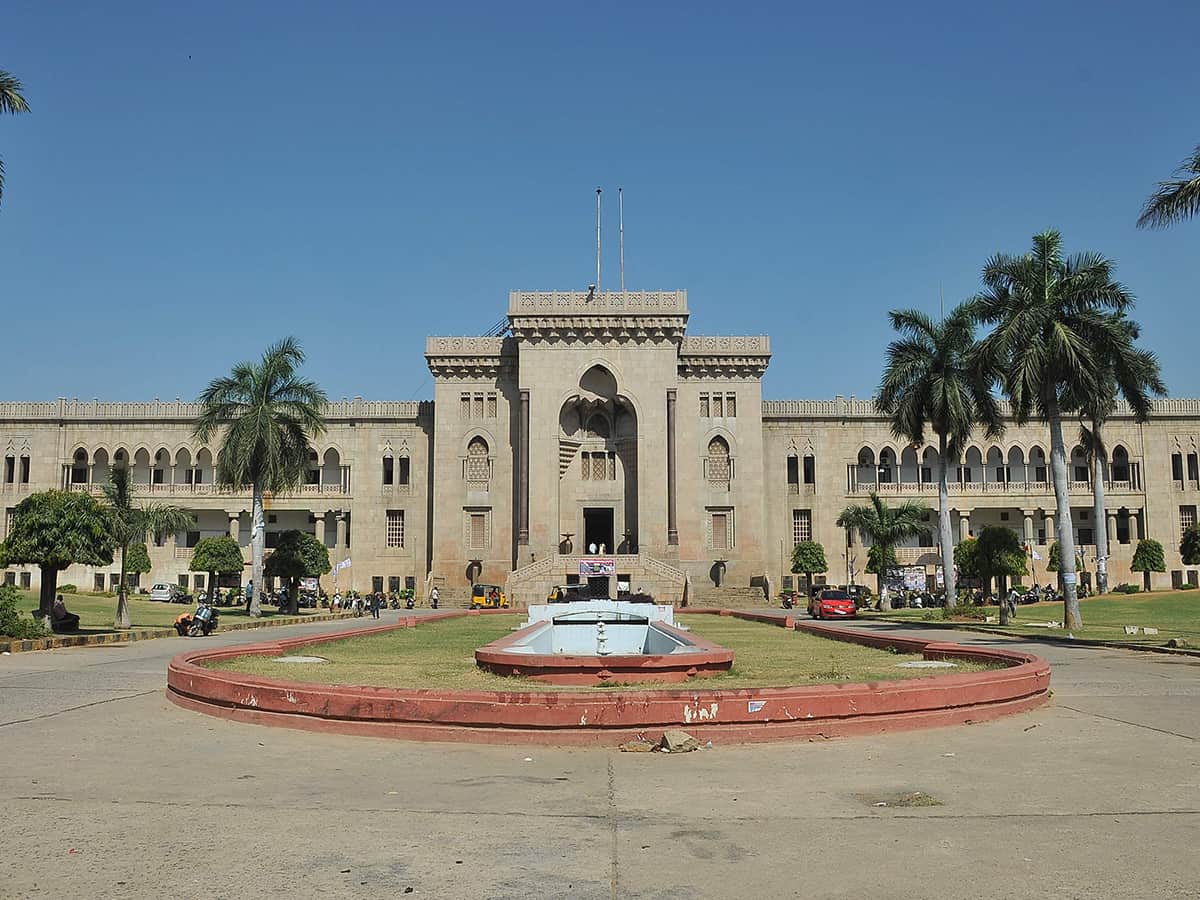
.jpg)
.jpg)
.jpg)
.jpg)
.jpg)
.jpg)
.jpg)
.jpg)


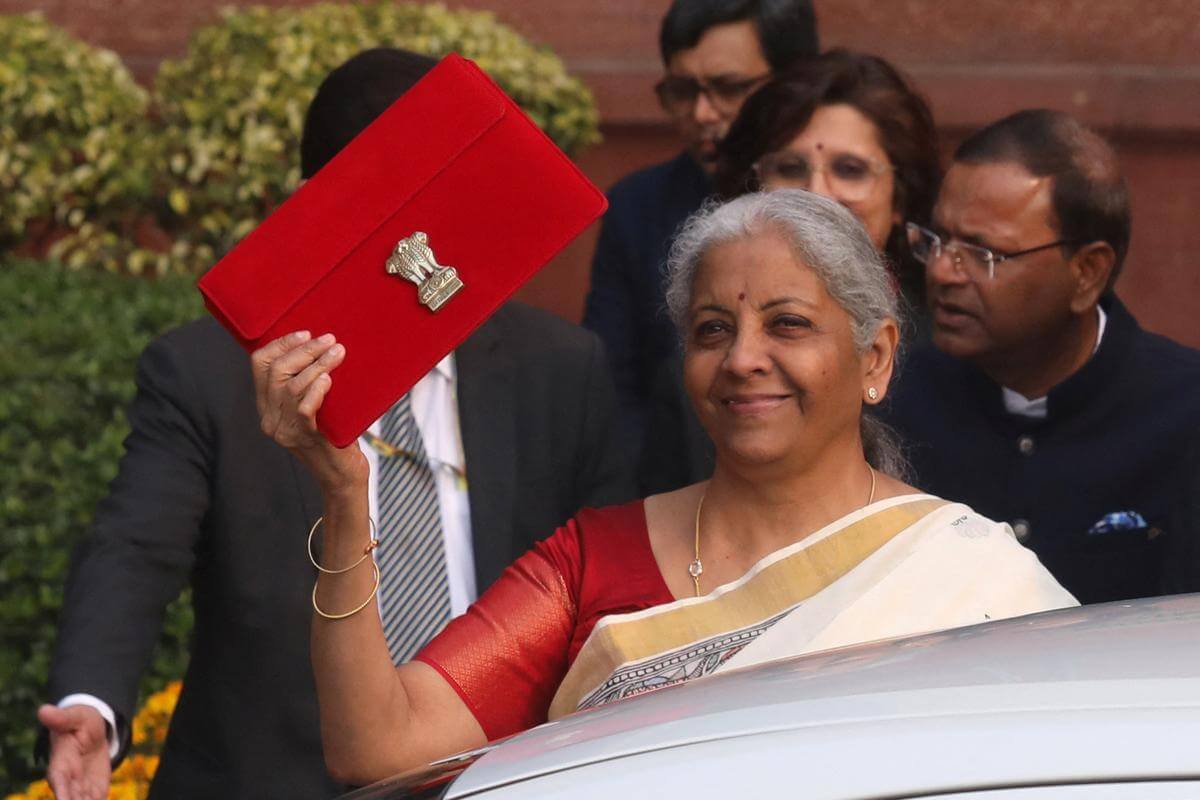



.jpg)
.jpg)
.jpg)
.jpg)
.jpg)
.jpg)

















